Exercise plays an important role for men in the treatment and recovery from prostate cancer
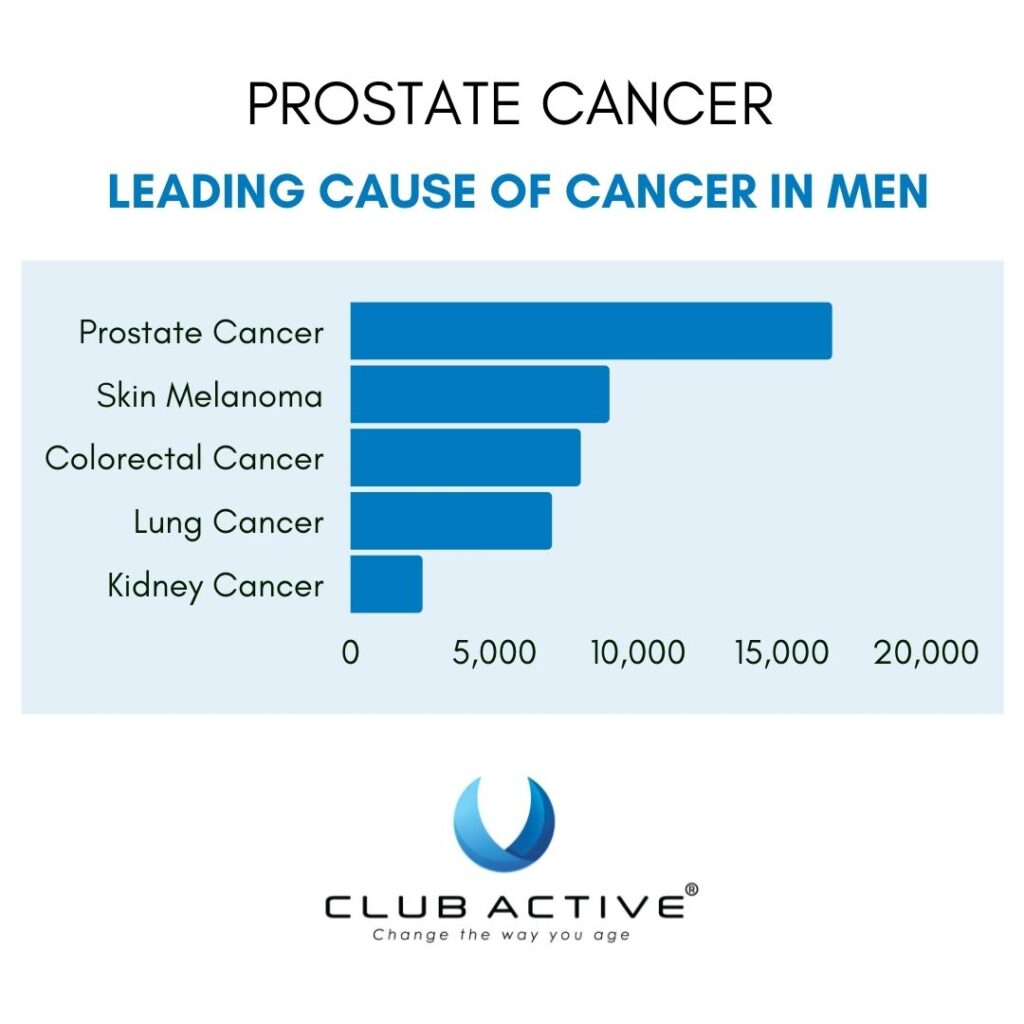
September is prostate cancer awareness month! With Club Active’s member demographic being predominantly over 50, we wanted to take a moment to highlight how an exercise physiologist can help anyone affected by prostate cancer, by assisting with treatment side-effects and pelvic muscle strengthening. Factors that increase the risk of developing prostate cancer Age: the risk […]
Exercise to reduce your risk of Osteoarthritis and/or better manage your pain
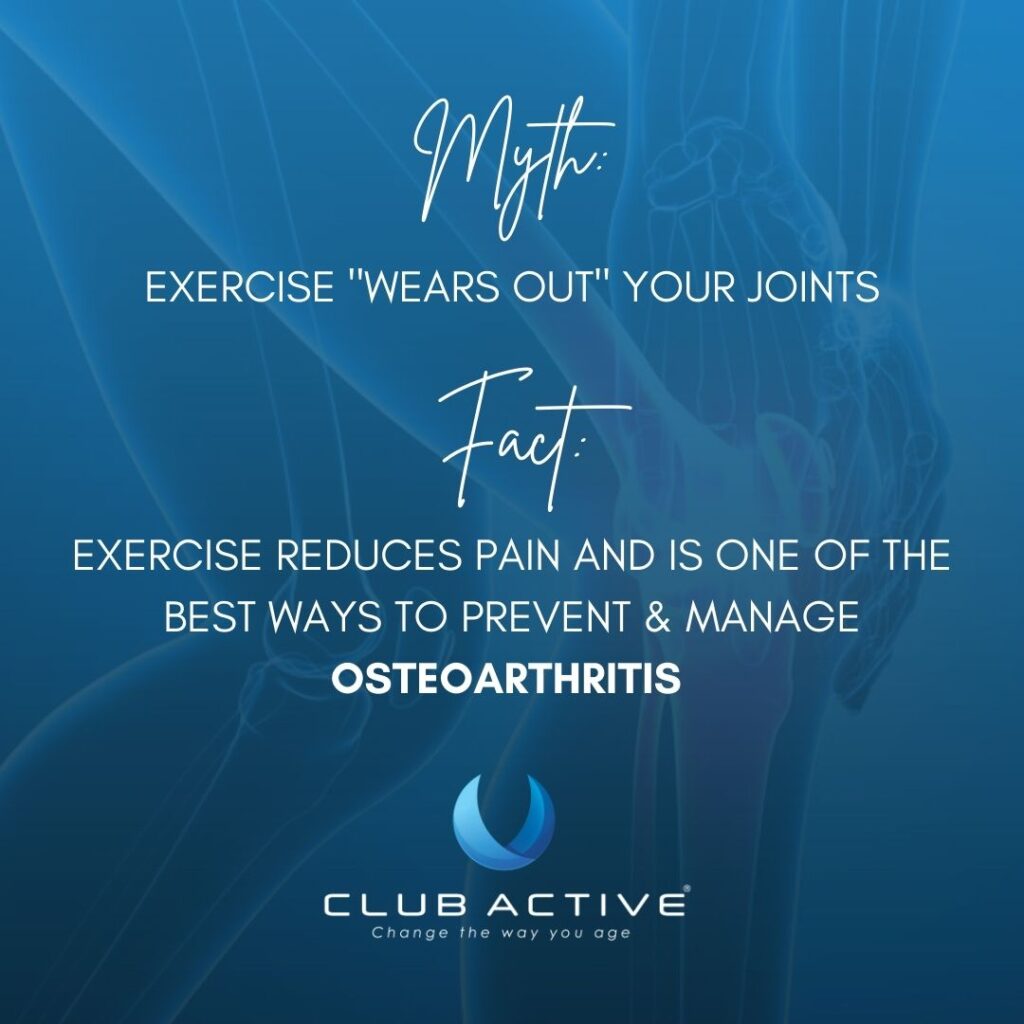
What is Osteoarthritis and who is most at risk? Osteoarthritis is the most common form of arthritis. It is a condition that affects the whole joint including bone, cartilage, ligaments, and muscles. The wearing down of the protective tissue at the ends of bones (cartilage) occurs gradually and worsens over time as we age. An […]
How to reduce your risk of stroke & tips on post-stroke recovery
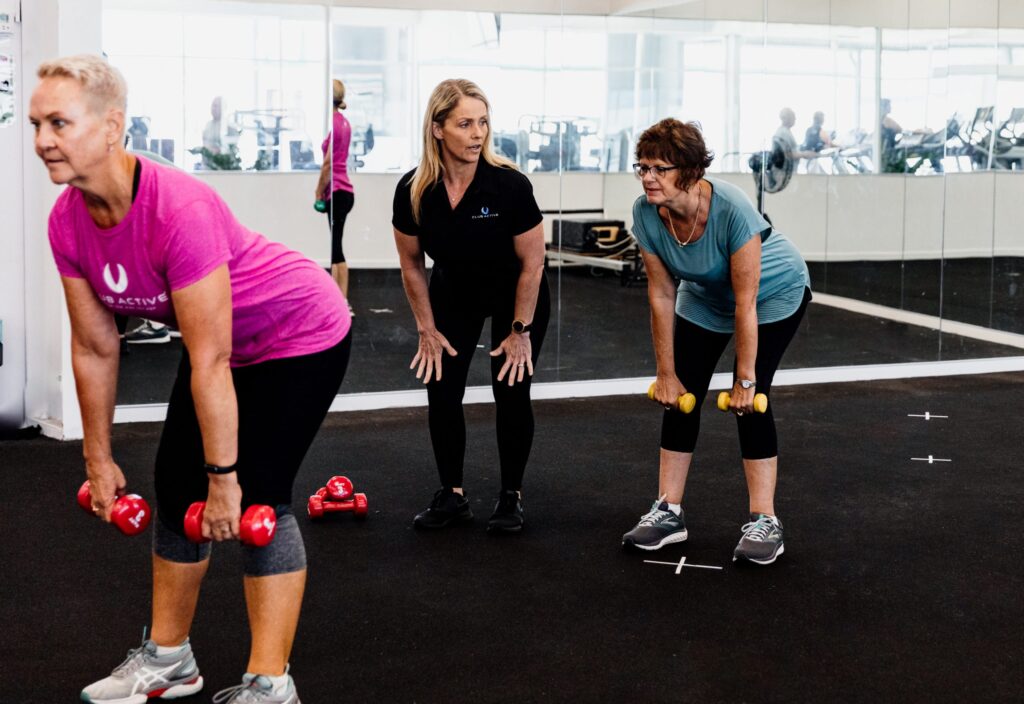
What is a stroke? A stroke occurs when a blood vessel supplying blood to the brain either suddenly becomes blocked (ischaemic stroke) or ruptures and begins to bleed (haemorrhagic stroke). Either of these may result in part of the brain dying, leading to sudden impairment and/or paralysis that can affect a number of functions; including […]
Bariatric Surgery: How to maximise your pre & post-operative rehabilitation with exercise
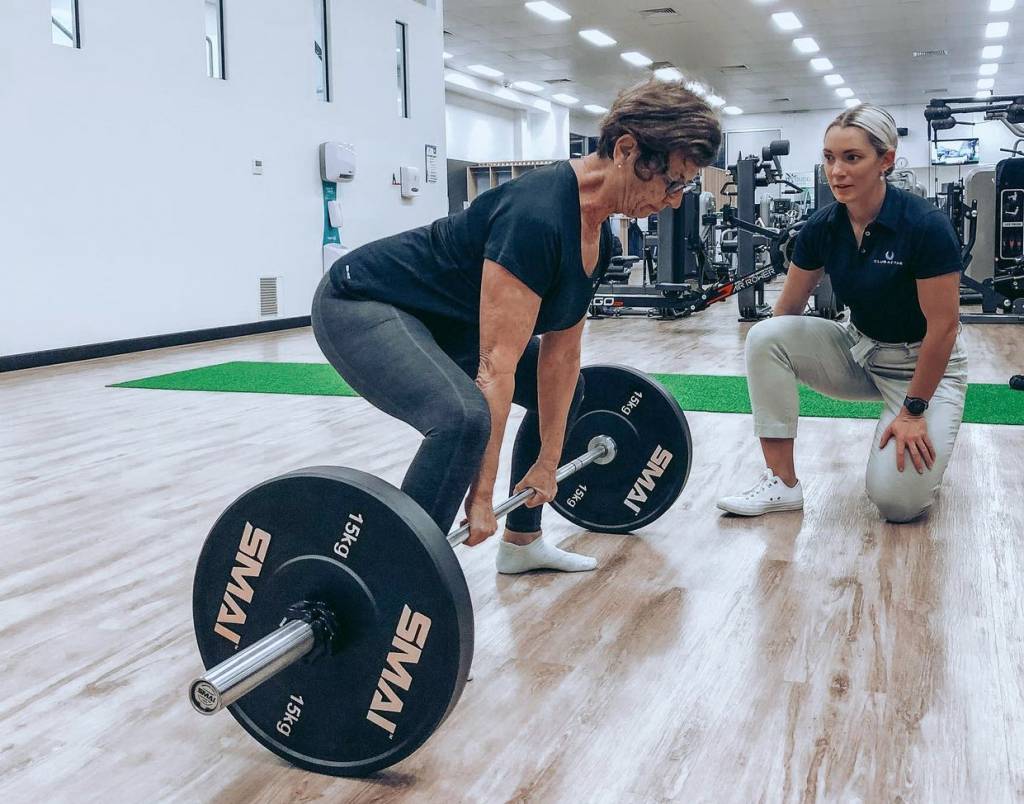
What is Bariatric Surgery? Bariatric surgery is surgery that affects the stomach and how food is digested. The surgery is designed to reduce the size of the stomach, decreasing one’s appetite and making a person feel full from smaller portions of food. Bariatric Surgery is an effective way to help lose excess body weight. The effectiveness of […]
Body composition scan – why it’s important and key benefits

What is a Body composition scan? Body weight fluctuates constantly; the major reasons for these fluctuations are shifts in body water. Inevitably, weighing yourself on the daily can be an extreme motivation killer, as often, these natural fluctuations can easily trick you into feeling as if your weight shift is minimal. A body composition scan […]
Why is pre- and post-joint replacement surgery exercise rehabilitation important?
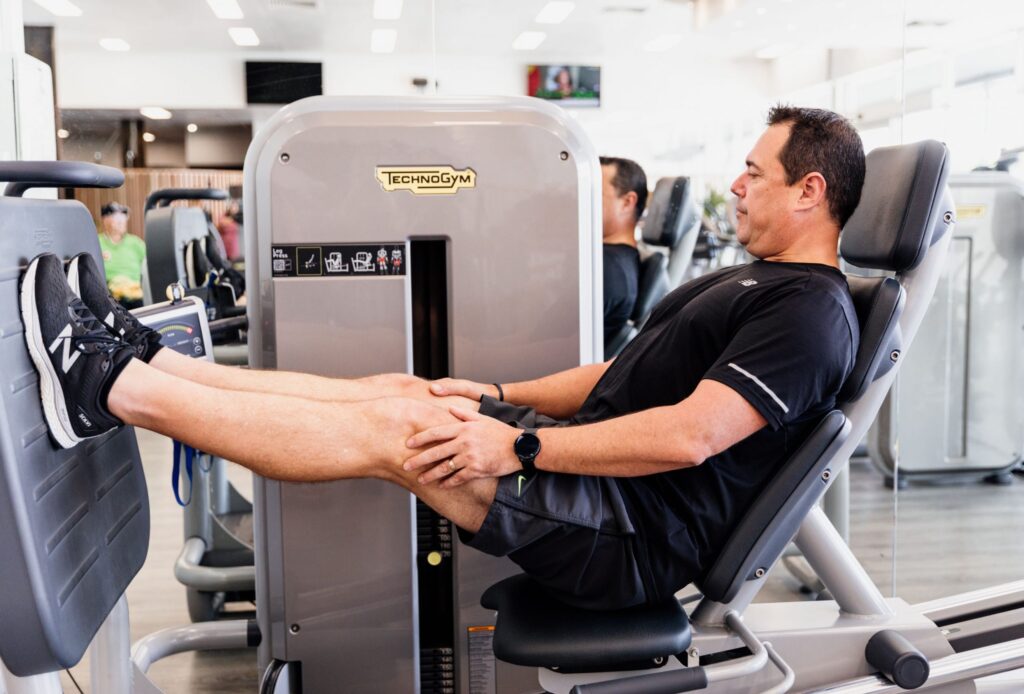
What is a joint replacement? A joint replacement is a surgical procedure in which parts of a joint are removed and replaced with a metal, plastic, or ceramic device called a prosthesis. Joint replacements are one of the most common orthopedic operations, with considerable success in alleviating pain and disability. In 2019, over 127,000 joint […]
How exercise can assist with managing the unique symptoms of Parkinson’s disease
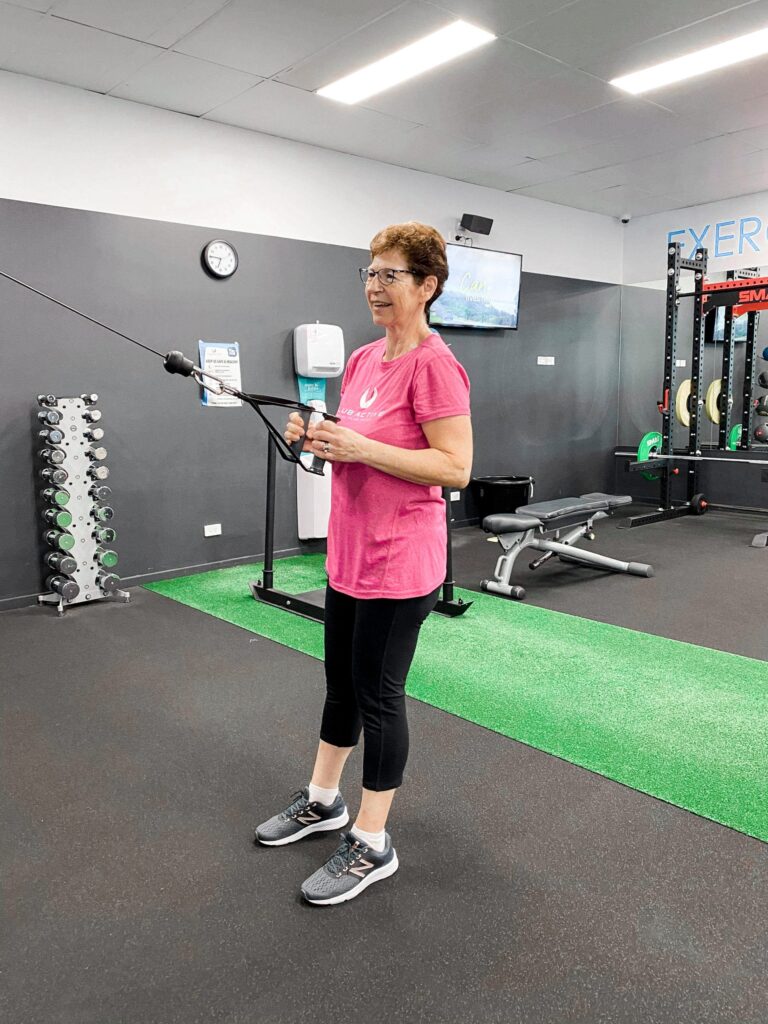
What is Parkinson’s Disease? Parkinson’s disease is a progressive neurological condition that can affect anyone. The disease affects the control of body movements and occurs when the neurons (nerve cells) that normally produce dopamine in the brain gradually die. Dopamine is the ‘feel good’ hormone; responsible for allowing you to feel pleasure, satisfaction, and motivation. […]
Fall Prevention – Reduce Your Risk With These Evidence-based Exercise Tips
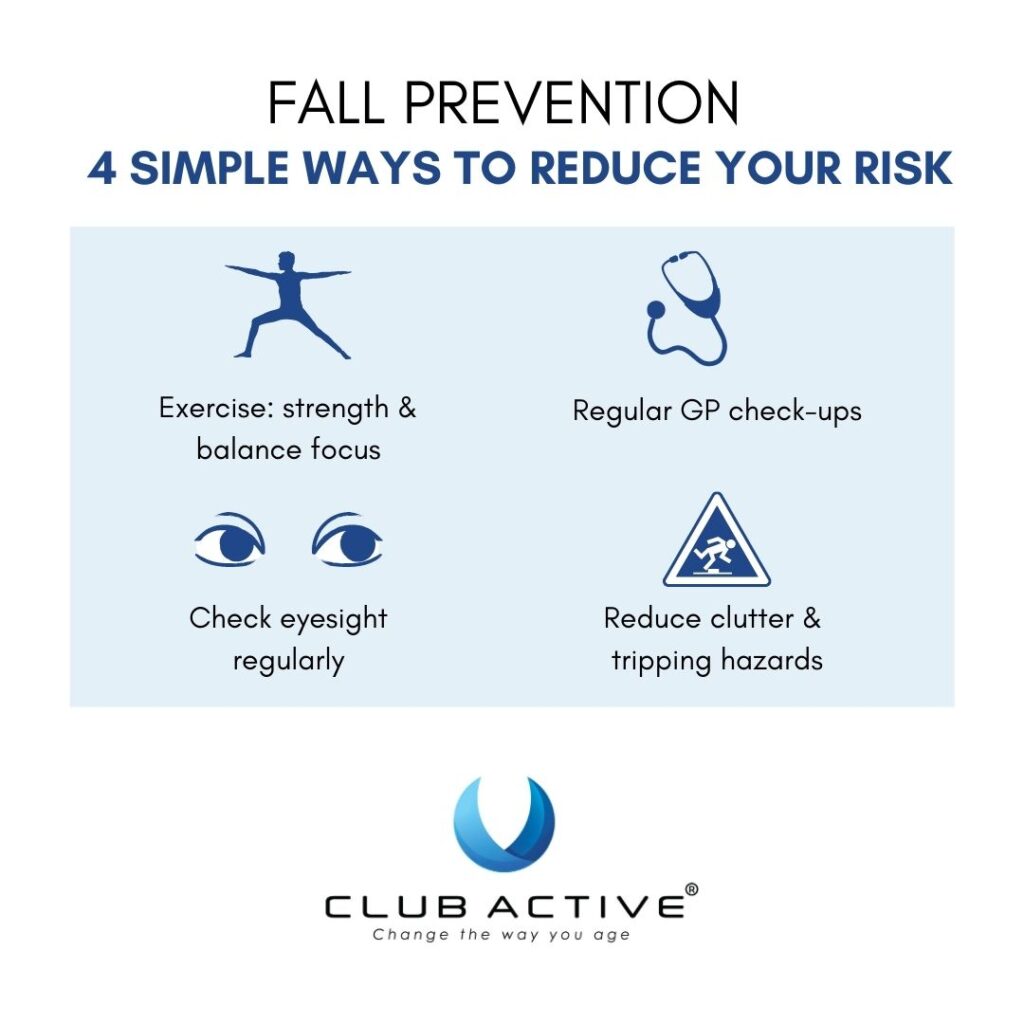
What is a ‘fall’? A fall is defined as an event that results in a person coming to rest inadvertently (aka. “falling over”) on the ground or floor. According to the World Health Organisation, Falls are the second leading cause of accidental or unintentional injury deaths worldwide! Falls are a major health issue within the […]
Do you suffer from lower back pain? It’s time to better manage your symptoms with exercise
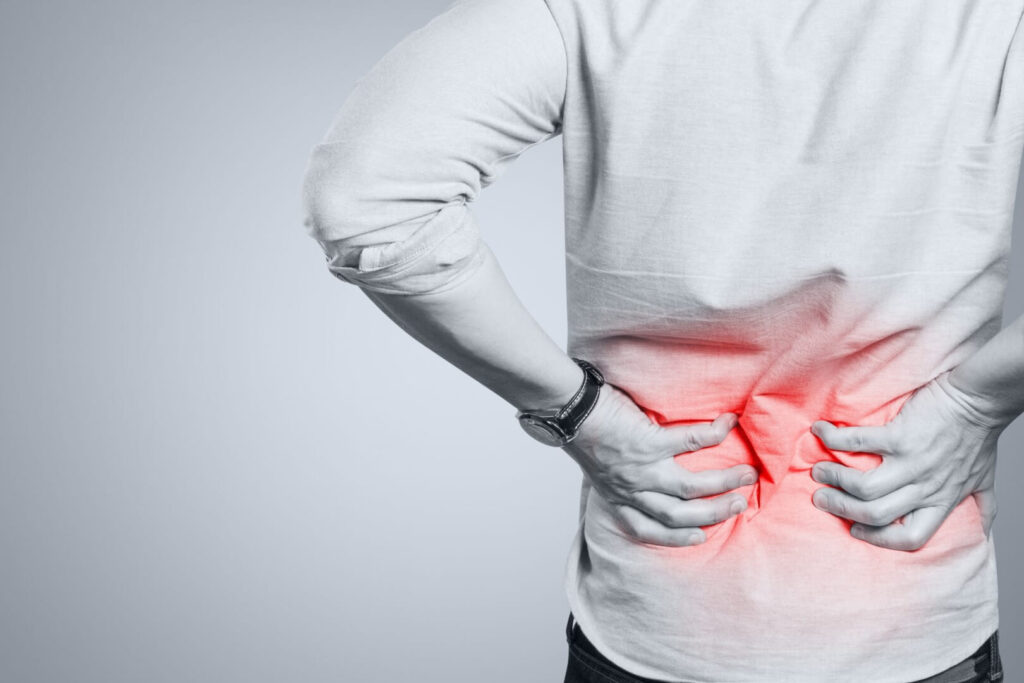
The global impact of lower back pain Low back pain is a very common health problem worldwide and a major cause of disability – affecting performance at work and general well-being. It is estimated that 70 – 90% of the population will suffer from lower back pain at some point in their lives. Low back […]
What is Cardiovascular disease? How to optimise your exercise program to assist with prevention and recovery

What is cardiovascular disease? Cardiovascular disease (CVD) refers to all diseases of the heart and circulatory system. This includes coronary heart disease, atrial fibrillation, heart attack, congenital heart disease and stroke. The term cardiovascular disease means damage to your heart or blood vessels, by a build-up of fatty plaques in your arteries. Plaque build-up thickens […]
